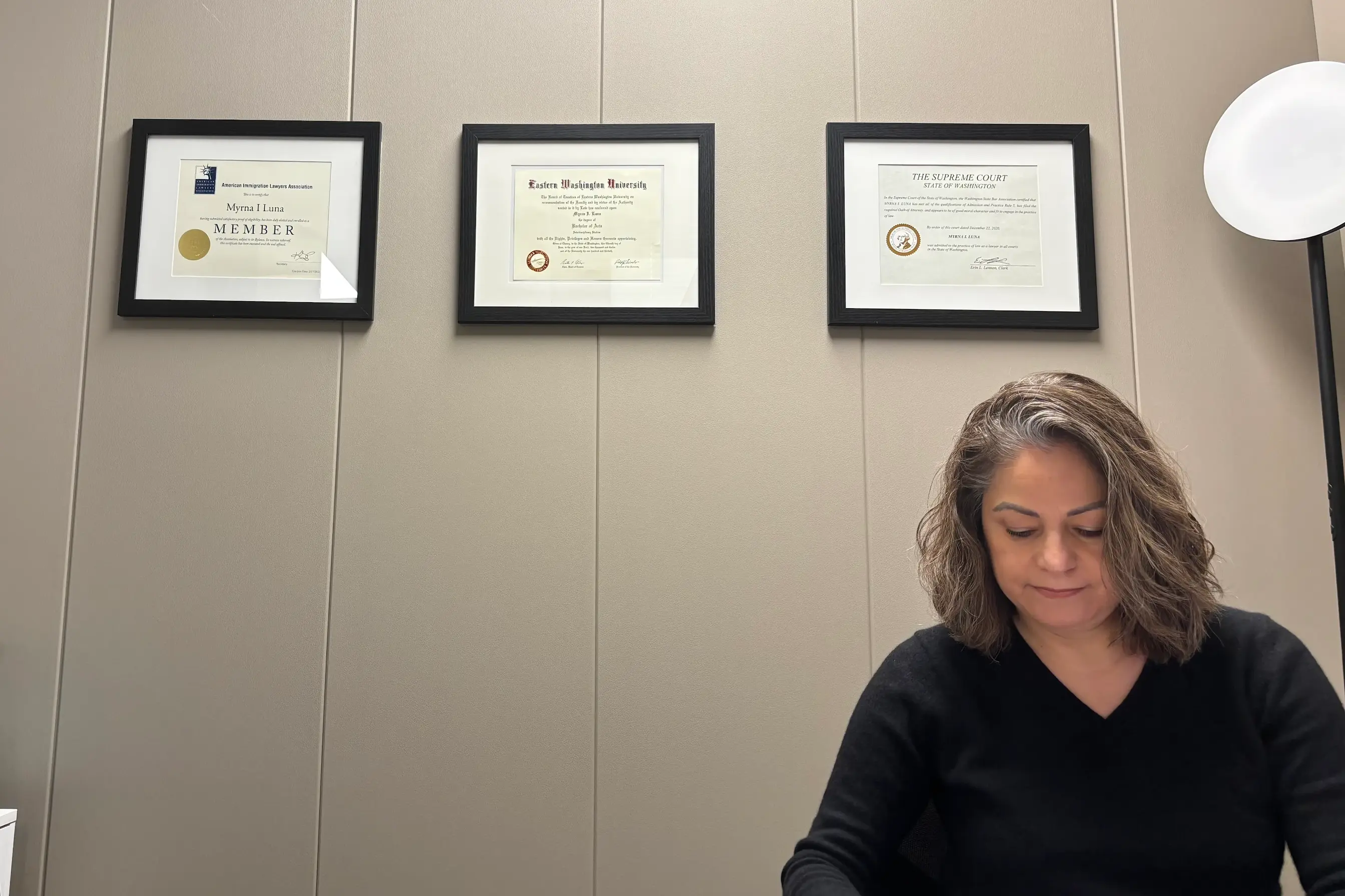The 2025 Fiancé Visa Process: A Complete Guide for U.S. Citizens and Their Partners

Disclaimer: This article is for informational purposes only and does not constitute legal advice. Reading this blog does not create an attorney-client relationship. Every case is unique. Please contact Crescent Law, PLLC, located in Tukwila, WA, serving South King County and the greater Seattle area, to schedule a consultation.
2025 Policy Changes: What to Expect
As of 2025, the process for obtaining a K-1 fiancé visa remains a popular pathway for U.S. citizens to bring their foreign partners to the United States. While there have been no major legislative changes to the K-1 visa program, processing times and consular procedures continue to be affected by backlogs and evolving security protocols. Applicants should be prepared for a potentially lengthy process and should consult with an immigration attorney for the most up-to-date information.
What Is a Fiancé Visa (K-1 Visa)?
A K-1 visa, commonly known as a fiancé visa, is a nonimmigrant visa that allows a foreign fiancé(e) of a U.S. citizen to enter the United States for the purpose of marriage. The marriage must take place within 90 days of the fiancé(e)'s arrival. After the marriage, the foreign spouse can then apply for a green card to become a lawful permanent resident.
The Fiancé Visa Process: A Step-by-Step Guide
The K-1 visa process involves several steps with both USCIS and the Department of State:
- File Form I-129F: The U.S. citizen petitioner must file Form I-129F, Petition for Alien Fiancé(e), with USCIS.
- National Visa Center (NVC) Processing: Once the I-129F is approved, the case is sent to the National Visa Center (NVC) for processing.
- Consular Interview: The foreign fiancé(e) will attend an interview at a U.S. embassy or consulate in their home country.
- K-1 Visa Issuance: If the interview is successful, the fiancé(e) will be issued a K-1 visa.
- Travel to the U.S. and Marriage: The fiancé(e) must travel to the U.S. and marry the U.S. citizen petitioner within 90 days of arrival.
- Adjustment of Status: After the marriage, the foreign spouse can apply for a green card by filing Form I-485, Application to Register Permanent Residence or Adjust Status.
Benefits of a Fiancé Visa
The K-1 fiancé visa offers several advantages for engaged couples:
- Reunification in the U.S.: It allows couples to be together in the United States while they plan their wedding.
- Path to a Green Card: It provides a direct path for the foreign spouse to become a lawful permanent resident.
- Work Authorization: The foreign spouse can apply for work authorization after arriving in the U.S.
Why Legal Guidance Matters
Navigating the complexities of the K-1 visa process requires the expertise of an experienced immigration attorney. For residents of South King County, Tukwila, and the greater Seattle area, working with a local immigration attorney who understands the regional USCIS office procedures can be particularly beneficial. An experienced immigration attorney can help you:
- Ensure Accuracy: Ensure all documents are accurate and complete, avoiding costly delays.
- Develop a Strategy: Create a strategy tailored to your unique background and circumstances.
- Increase Approval Chances: Increase the likelihood of a successful outcome.
- Navigate Local Procedures: Understand specific requirements and timelines for the Seattle USCIS field office.
Frequently Asked Questions (FAQ)
Q: Can I work on a K-1 visa?
A: You can apply for work authorization by filing Form I-765 after you arrive in the United States.
Q: What happens if we don't get married within 90 days?
A: The K-1 visa is only valid for 90 days. If you do not get married within that time, your fiancé(e) will be required to leave the United States.
Q: Can my fiancé(e) bring their children to the U.S.?
A: Yes, your fiancé(e)'s unmarried children under 21 can apply for K-2 visas to accompany them to the United States.
Conclusion
The K-1 fiancé visa is a valuable tool for U.S. citizens who wish to bring their foreign partners to the United States to get married and build a life together. The process can be complex, but with the right legal guidance, you can navigate it successfully. At Crescent Law, located in Tukwila, WA, we are dedicated to helping residents of South King County and the greater Seattle area reunite with their loved ones.



